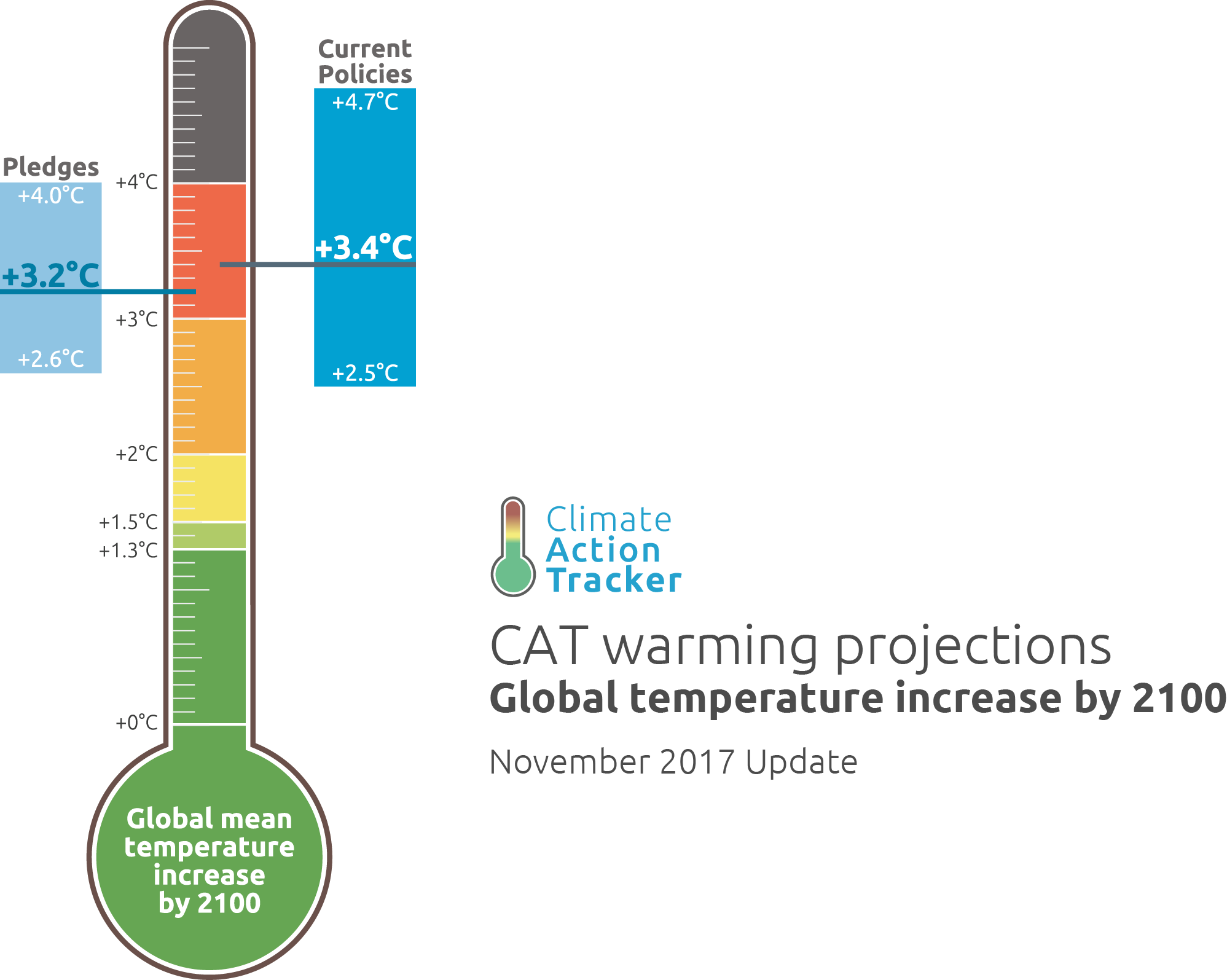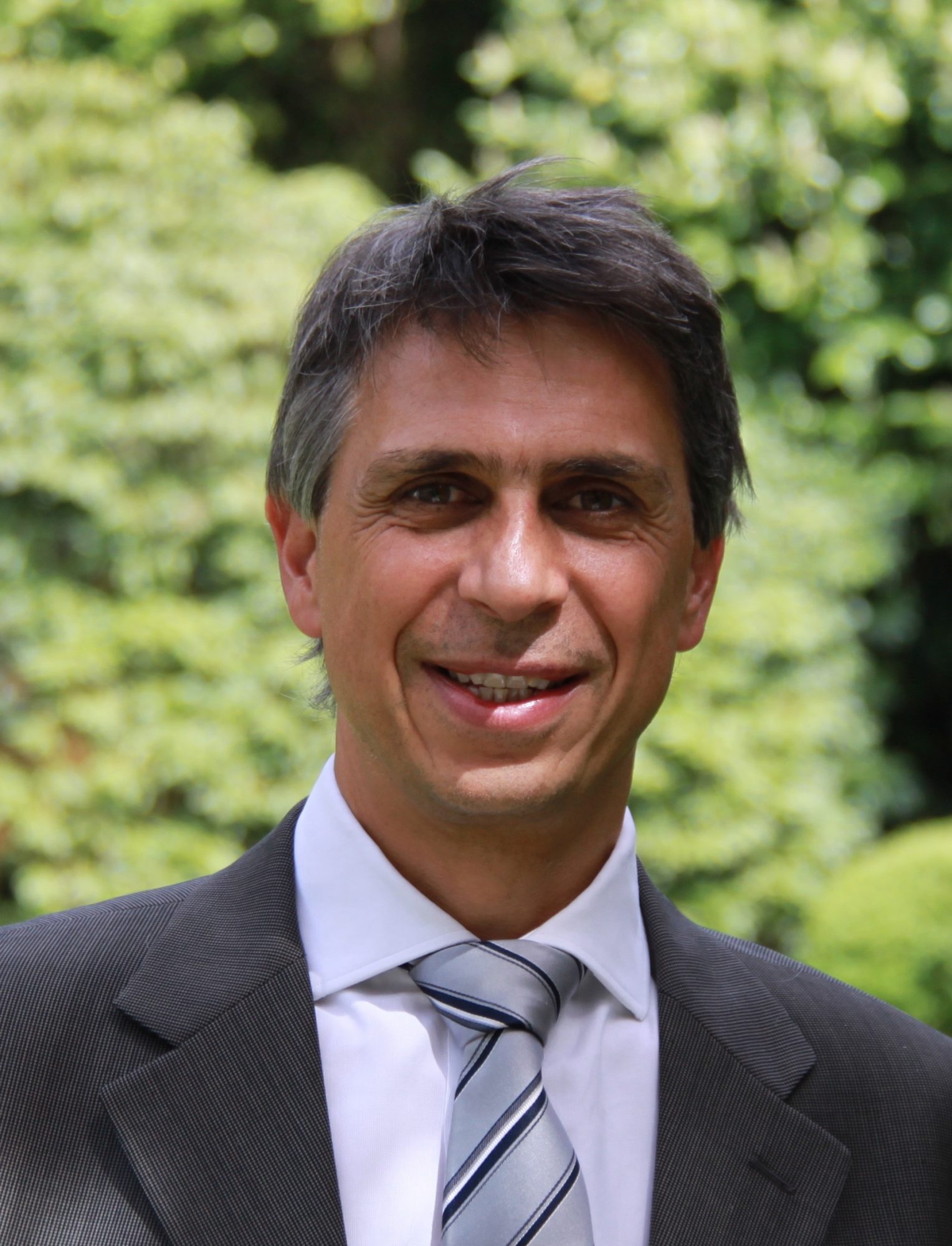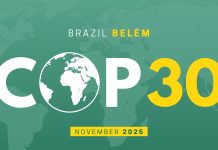Adel El Gammal, Secretary-General of the European Energy Research Alliance (EERA) details two crucial conditions for achieving the ambitious energy goals set by the world community in 2015
“Today the world gets a lifeline, a last chance to hand over to future generations a world that is more stable, a healthier planet, fairer societies and more prosperous economies” – the words of European Commission President Jean-Claude Juncker reflect perfectly the mood that united the whole world on 12 December 2015, after 196 state parties had adopted the Paris Agreement: a mixture of optimism, relief and the acknowledgement that the big challenges were still lying ahead.
Now, almost three years later, it has become clear that we are not moving fast enough to reach even these minimum goals: to keep the increase in global average temperature to well below 2°C above pre-industrial levels by the end of the century; and to pursue efforts to limit it even further to 1.5 °C.
A recent analysis by “Climate Action Tracker”(1) indicates the emissions pathway that takes the intended nationally determined contributions into account has over 90% probability of exceeding 2°C. The pathways based on policies currently in place have even a higher than 97% probability of exceeding 2°C. In the race to cut dangerous emissions, the availability of cleaner and better energy technology stands as a necessary condition, but there are at least two other crucial conditions that must be met.
No low-carbon economy without a low-carbon lifestyle
Today, economic and demographic growth are still strongly coupled with increasing carbon emissions and the progressive alignment of the poorest countries to western standards reinforces this development. We witness the Jevons paradox:thanks to technological progress, we need fewer resources, but at the same time the rate of consumption rises so that the gains are lost.
With the current limits to decoupling these parameters, achieving decarbonisation targets will require, beyond technological breakthroughs, a deep understanding of the drivers that enable us to steer the profound transformation of our core societal values.

Curbing emissions at a level compatible with the Paris Agreement will require a drastic change in the way citizens relate to energy production, conservation and consumption. This shift needs to take place much faster than lifestyle, cultural and societal changes usually do. Market mechanisms alone are highly unlikely to stimulate such a profound change, especially considering the well-known “rebound effect” through which household energy savings are usually mostly converted into other carbon-rich economic activities.
In that respect, we believe that social sciences and the humanities will be essential to better understand how to stimulate and drive behavioural change at a pace and to an extent that is compatible with zeroing global emissions by mid-century.
We need to invest much more
Progress beyond any expectations has been achieved in many low-carbon technologies. For instance, the cost of photovoltaics decreased by 85% over the last eight years and by 50% just during the last three years! Similar trends exist in many other low-carbon technologies, some of which have become highly competitive. To fully unleash the potential of existing and future low-carbon technologies, much more ambitious funding programmes are needed, both at national and international levels.
Europe is right now designing its new framework programme for research and innovation. The proposed budget for a seven-year period as of 2021 amounts to around €100 billion, distributed over all scientific areas. Knowing that between September 2008 and December 2010, in the aftermath of the 2008 financial crisis, more than €4 trillion of direct aid was authorised to 215 financial institutions(2), this investment suggests a severe misjudgment of urgency and the absence of strong political courage and ambition to meet the goals convened in the Paris Agreement.
In line with the first recommendation of the Lamy Report(3), the European Energy Research Alliance (EERA) calls for at least a doubling of research and innovation investments in the next European Framework Programme, compared to the current Programme, thus for €160 billion. Such a stimulus would speed up advances and implementation of low-carbon technologies while consolidating EU industrial leadership in the markets of the future.
EERA is committed to supporting Europe in achieving a successful energy transition in line with the EU’s Paris commitments. We firmly believe in the scientific potential to provide the technological and societal foundations required to decarbonise society.
About EERA
The European Energy Research Alliance (EERA) is an association of European public research centres and universities active in low-carbon energy research. Bringing together more than 250 organisations from 30 countries, EERA coordinates research activities through 16 joint research programmes. EERA is a key player and official partner in the EU’s Strategic Energy Technology (SET) Plan.
References
1 Climate Action Tracker, 2017 https://climateactiontracker.org
2 “The cost of interventions in the financial sector since 2008 in the EU countries”, Antonio Millaruelo and Ana del Río, Banco de España, Eurosistema, April 2017.
3 “Report of the independent High-Level Group on maximizing the impact of EU Research & Innovation Programmes”, a report commissioned by the European Commission, 2017, http://ec.europa.eu/research/evaluations/pdf/archive/other_reports_studies_and_documen ts/hlg_2017_report.pdf

Adel El Gammal
Secretary-General
European Energy Research Alliance (EERA)
Tel: +32 2 511 1618











